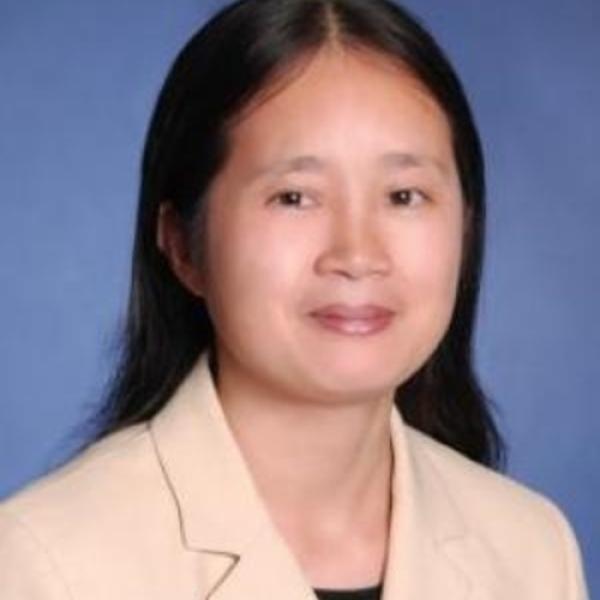Dr. Shuo Tang
Professor
Electrical and Computer Engineering
Shuo Tang received her PhD from the University of California, Los Angeles in 2003. From 2003 to 2006, she was a postdoctoral researcher at the Beckman Laser Institute at the University of California, Irvine. She began as an Assistant Professor at the Department of Electrical and Computer Engineering at UBC in 2007, where she is now a Professor.
Current Research Focus
Dr. Tang's research interest is in biomedical optical imaging systems and devices, including multiphoton microscopy, optical coherence tomography, and micro-endoscopy systems for biomedical applications.
Example Project
“Handheld Multiphoton Imaging Device for Detecting Oral Cancer”
According to the Canadian Cancer Society, the 5-year survival rate for oral cancer is only 63%. Each year 4,600 new cases in Canada and 300,000 cases worldwide are identified and on average, half of the patients die within 5 years of diagnosis. The recurrence rate of oral cancer after surgery is high at 20%. Therefore, there is a critical need for new technology that can improve the early detection and treatment of oral cancer. In this project, a new point-of-care cancer imaging device based on multiphoton imaging will be developed to provide high-resolution imaging of oral mucosa lesions in vivo and in real-time. Multiphoton imaging can provide visualization of important biomarkers for cancer detection: the morphological changes of tumor cells and nuclei, and the density and ordering of the underlying collagen fibers which facilitates the progression and invasion of tumor cells. It has been demonstrated to be very successful in pre-clinical cancer studies on animal models. Translating multiphoton imaging into clinical applications is just beginning. Challenges include handling femtosecond pluses and limited signal to noise ratio. We will address those challenges and design a portable multiphoton system with a handheld probe for performing in vivo imaging of the oral mucosa. In vivo imaging on patients will be carried out to evaluate the device for guided biopsy and tumor margin detection. The new technology can improve cancer management by real-time assessment of tumor noninvasively and guiding decisions on when and where to take biopsies for early cancer detection.
Research Keywords
Biophotonics, Biomedical Optics, Optical Coherence Tomography, Multiphoton Microscopy, Laser Spectroscopy, Melanoma/ Skin Cancer Detection
